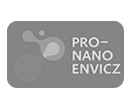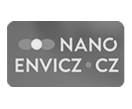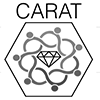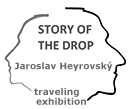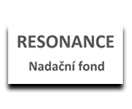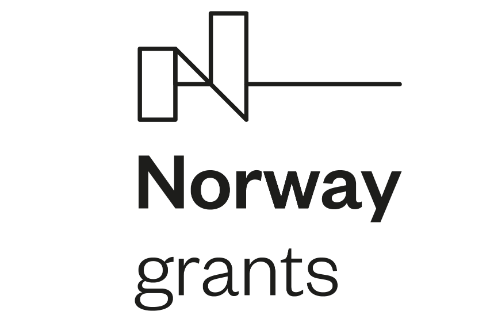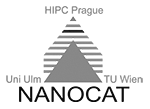Understanding the mechanisms of ion-molecule reactions in dielectric barrier discharge ionisation (DBDI) leading to quantification of volatiles in gaseous phase
Analyses of volatile organic compound (VOC) traces in the air are increasingly important in industry and in environmental, biological, and medical research. New techniques are becoming available, but scientific understanding is often lagging behind the practical need. This project will provide a fundamental understanding of gas phase ion chemistry underlying novel dielectric barrier discharge ionisation (DBDI) mass spectrometry (MS) with the aim of providing direct quantification of parts-per-trillion VOC concentrations. DBDI-MS will thus complement the currently used selected ion flow tube (SIFT-MS) and secondary electrospray ionisation (SESI-MS) with the advantage of using a much smaller and simpler ion source arrangement. DBDI uses a low-temperature plasma to ionise nonpolar compounds by charge transfer, electron ionisation or Penning ionisation, and polar compounds by proton transfer. Currently, accurate calibration is challenging for gaseous matrices. New methods based on ion-molecule reaction kinetics will be developed for robust VOC quantification from the DBDI-MS data.
Mgr. Dryahina Kseniya Ph.D.
 jh-inst.cas.cz
jh-inst.cas.cz










